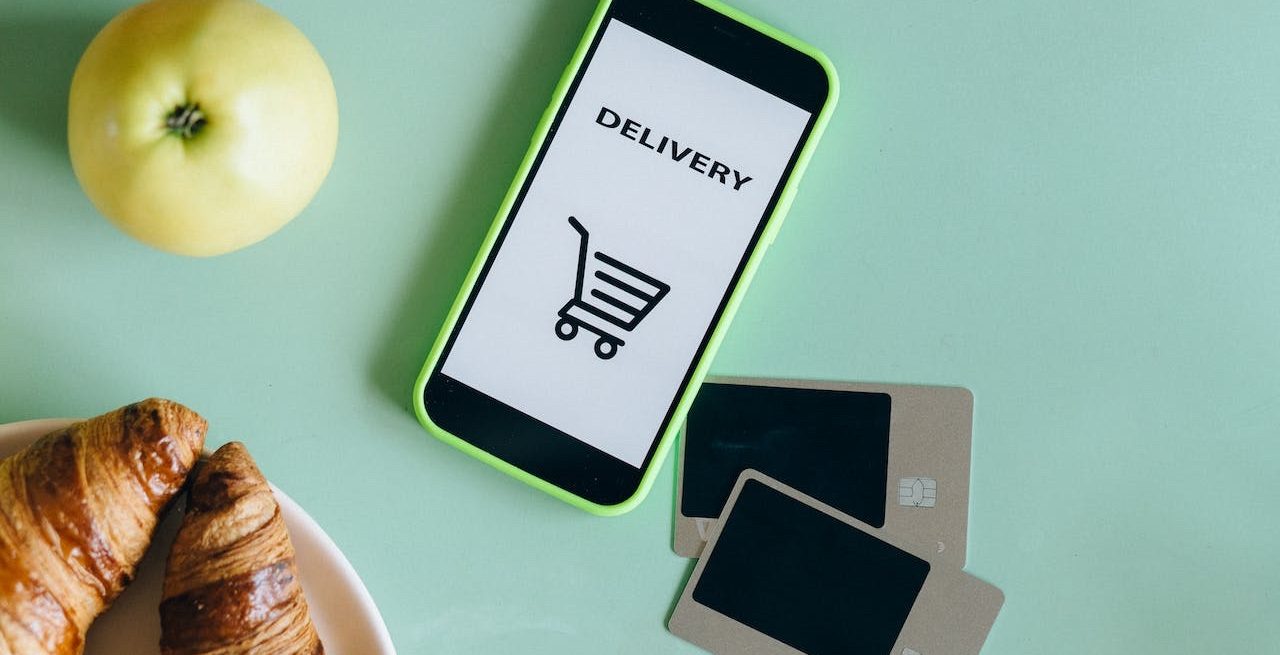Navigating the Future with Food Delivery Services
2 Min Read By Jashi Mohan
The restaurant sector is at an equilibrium in an era when convenience is key and customer preferences are continuously changing. Food delivery services have not only changed the way people eat, but they have also provided restaurant operators with both obstacles and possibilities. We dig into the tremendous impact of meal delivery services in this thought leadership essay, providing fresh insights, strategic ideas, and views targeted at enhancing the restaurant industry's grasp of this transformational development.
Understanding the Landscape
Food delivery services have changed the restaurant sector, causing an evolution in consumer expectations. With the advent of third-party delivery platforms and in-house delivery models, restaurants are faced with the combined problem of satisfying consumer demand for expediency while guaranteeing the culinary items' integrity throughout transportation.
The global food delivery services industry is anticipated to be worth USD 311.943 billion in 2028, with a 11.4 percent revenue CAGR throughout the forecast period according to a latest study published by Emergen Research. Increased smartphone adoption and availability of high-speed internet in both developed and developing nations are driving market revenue growth.
Recognizing the different customer choices driving the growth of food delivery is one critical insight. While some people like the convenience of ordering from their favorite local restaurants, others value the variety of options given by aggregators. Understanding these distinctions is critical for developing strategies that appeal to various client segments.
Navigating Challenges
As restaurants embrace meal delivery, operational difficulties naturally arise. From food quality preservation packaging to delivery logistics management, businesses must adapt to the complexities of a delivery-driven business model.
Strategic Thinking
Strategic options include investing in technology to improve order processing, cooperating with delivery platforms to optimize logistics, and embracing sustainable packaging techniques. By solving these issues, restaurants may not only improve the customer experience but also operational efficiency.
The Tech Frontier
The importance of technology in meal delivery goes beyond order processing. AI-driven menu optimization, predictive analytics for demand forecasting, and real-time monitoring technologies are altering how restaurants interact with consumers and manage their supply chains.
Expertise and Authority
Recognizing technology's revolutionary potential yields authoritative insights. Restaurant operators should embrace data-driven decision-making, leveraging technology's capacity to improve not only the delivery process but also entire business operations.
Success Strategies
Restaurants must take a diversified strategy to flourish in an ever-changing market. This involves using data analytics to better understand client preferences, improving menu options for delivery, and investing in marketing techniques that appeal to the digitally aware consumer.
Influence and Significance
Influential ideas defy conventional wisdom and lead restaurants to long-term success in the digital era. Staying relevant entails adjusting to consumers' ever-changing preferences and embracing innovation as a strategy of differentiating in a crowded market.
Credibility
Credibility in the food delivery market is acquired by maintaining a continual commitment to quality, both in food options and delivery experience. In an era where word-of-mouth recommendations extend to internet platforms, establishing trust is critical. Satisfied consumers become brand ambassadors.
The popularity of meal delivery services is more than simply a fad; it represents a fundamental shift in how the restaurant sector functions. Navigating this terrain need a blend of unique insights, strategic thinking, and a dedication to harnessing technology. By adhering to these principles, restaurants may position themselves not just to survive, but also to prosper in an era where food is only a few clicks away.

